Paraphrase sur Eugène Onéguine - Piotr Ilitch Tchaïkovski
For flute and piano
Eugene Onegin, inspired by Pushkin's novel of the same name, is one of Tchaikovsky's most famous operas, along with The Queen of Spades. First performed at the Maly Theater by students of the Moscow Conservatory in 1879, Eugene Onegin was successfully revived at the Bolshoi. Immediately, several musicians seized upon the work to take up its contours and themes and to write paraphrases for various instruments. Among the most successful are the paraphrase for piano by Paul Pabst, professor at the Moscow Conservatory, as well as the paraphrase for violin and piano on Lensky's Air from Act II by Leopold Auer. The latter, by the way, is none other than the dedicatee of Tchaikovsky's Violin Concerto...! Franz Listz, considered the absolute master of opera paraphrasing, also wrote a paraphrase on the Polonaise from Act 3.
In 1888, Tchaikovsky made a big European tour. While in Paris, he met the great French flutist of the time, Paul Taffanel, who was appointed professor at the Paris Conservatory five years later. On the occasion of their meeting, Paul Taffanel paid tribute to the composer by performing a transcription of Lensky's Air from Act I that he had written himself. Thus began a bond of friendship and mutual admiration between the two men. From then on, the idea of writing a flute concerto began to take shape in Tchaikovsky's mind. However, he died five years later, a few days after the premiere of his Symphonie Pathétique, leaving the Concerto in draft form. From this missed opportunity, flutists still feel the frustration of not having any of the Russian composer's works in their repertoire. It is therefore not surprising that flutists, especially under the impetus of Emmanuel Pahud, have taken up the paraphrase for violin on the Air de Lensky by Leopold Auer.
An original paraphrase for flute, the present fantasy distinguishes itself from the existing one by revisiting several of the main themes of the opera: Lensky's Air from Act I, the Air of the Letter, Prince Gremin's Air from Act III and the famous Polonaise. It is also embellished with more personal elements, as required by the exercise, such as transitions and cadenzas, to highlight the instrumental virtuosity of the flute.
Paris, June 10, 2022
Laëtitia Brault and Jean-Christophe Maltot
Arrangement: Jean-Christophe Maltot
Duration: 11'
for flute and piano





















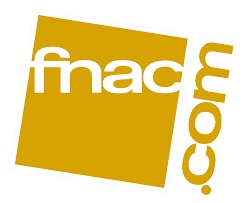
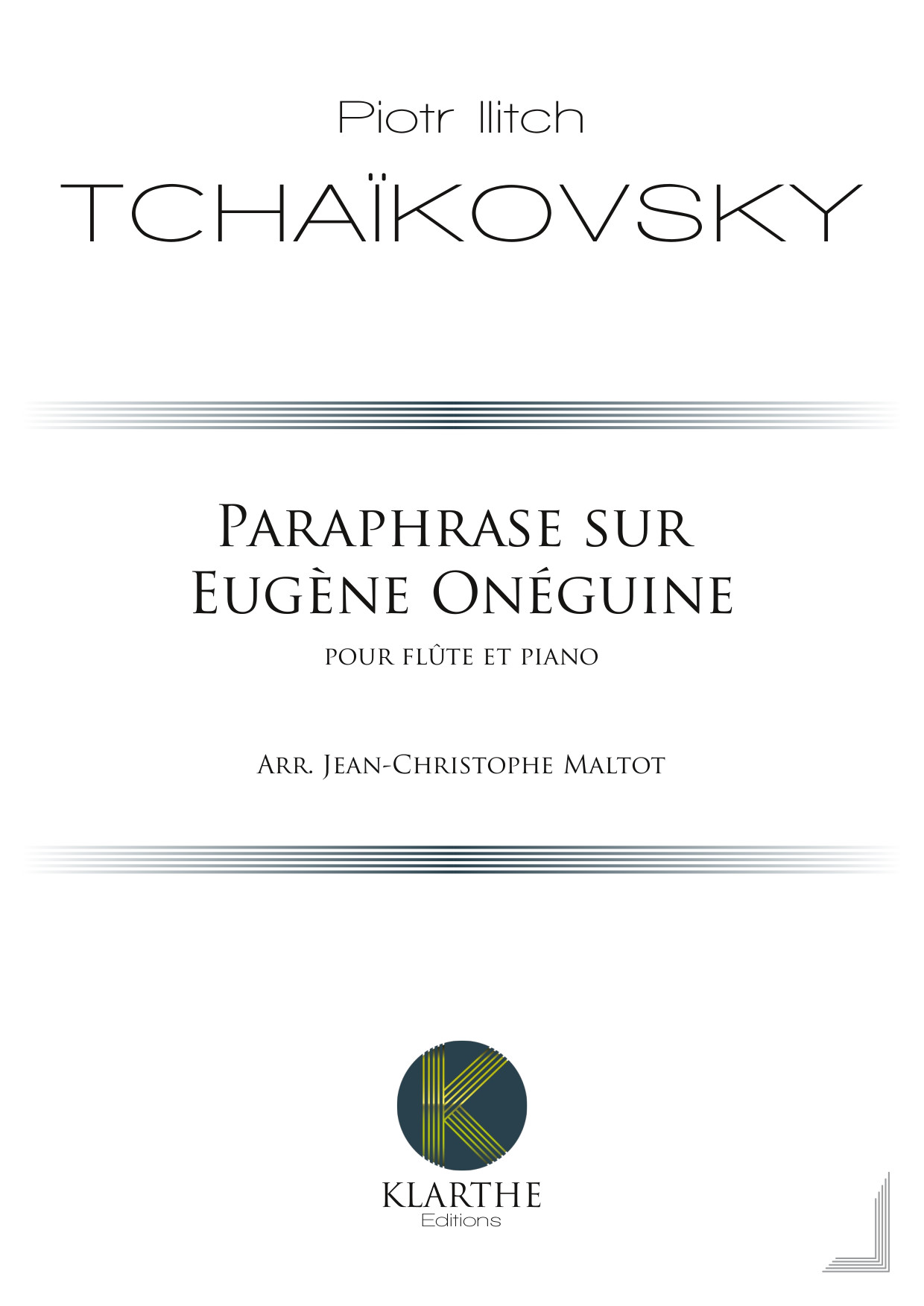
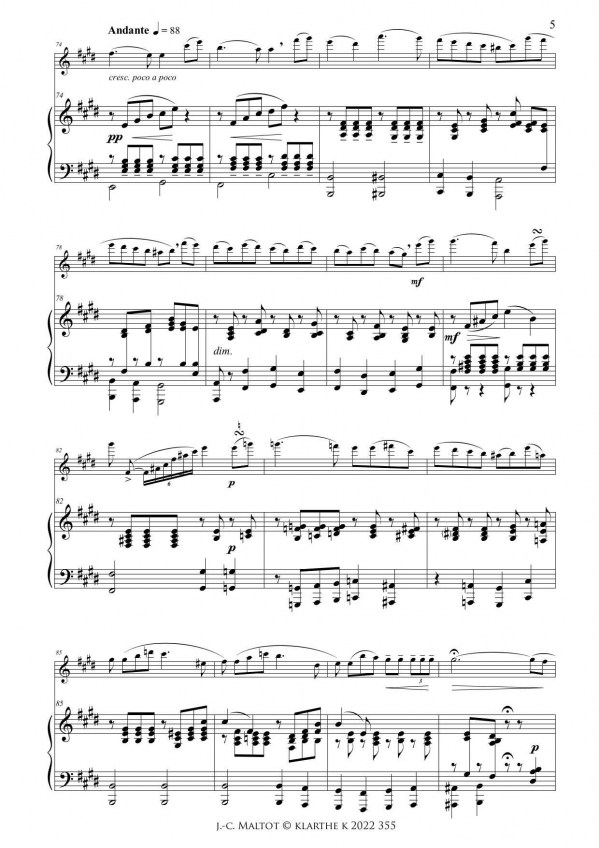

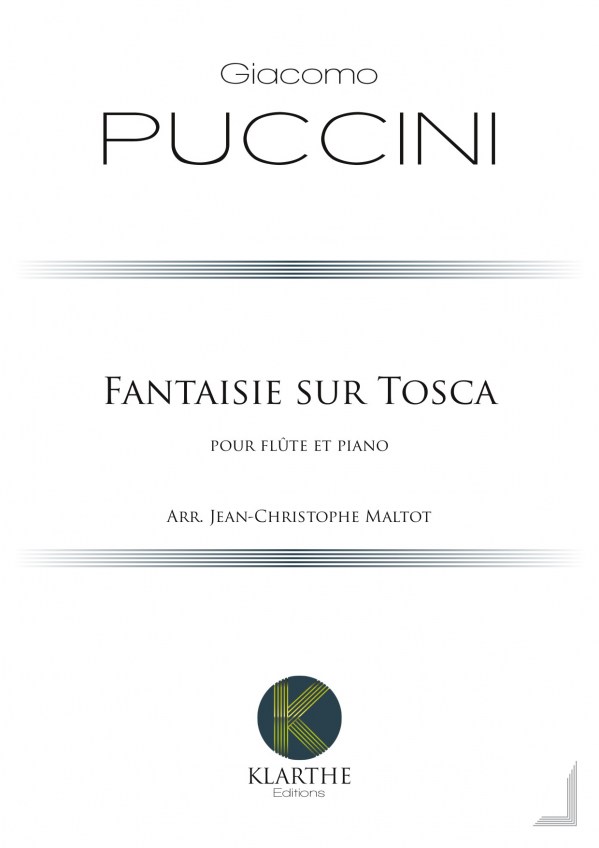 Fantaisie sur Tosca - Giacomo Puccini
Fantaisie sur Tosca - Giacomo Puccini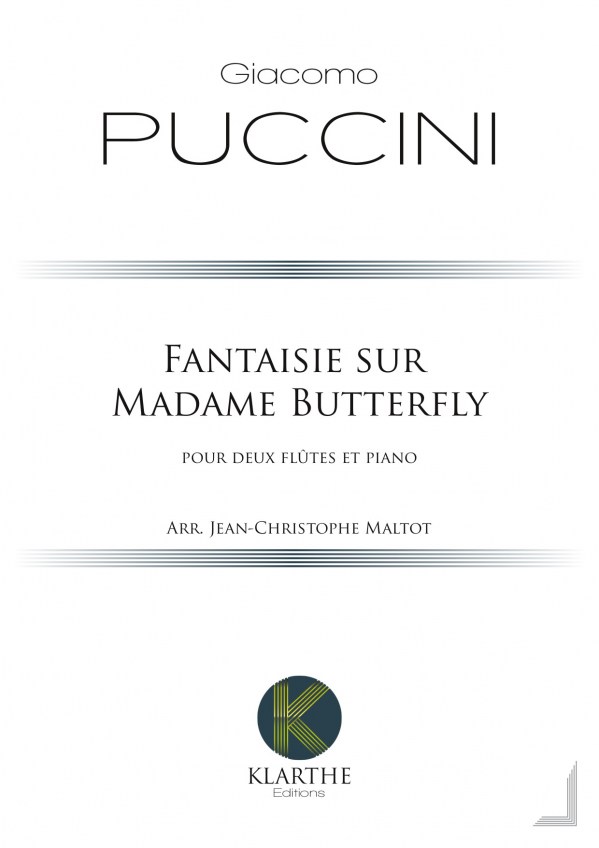 Fantaisie sur Madame Butterfly - Giacomo Puccini
Fantaisie sur Madame Butterfly - Giacomo Puccini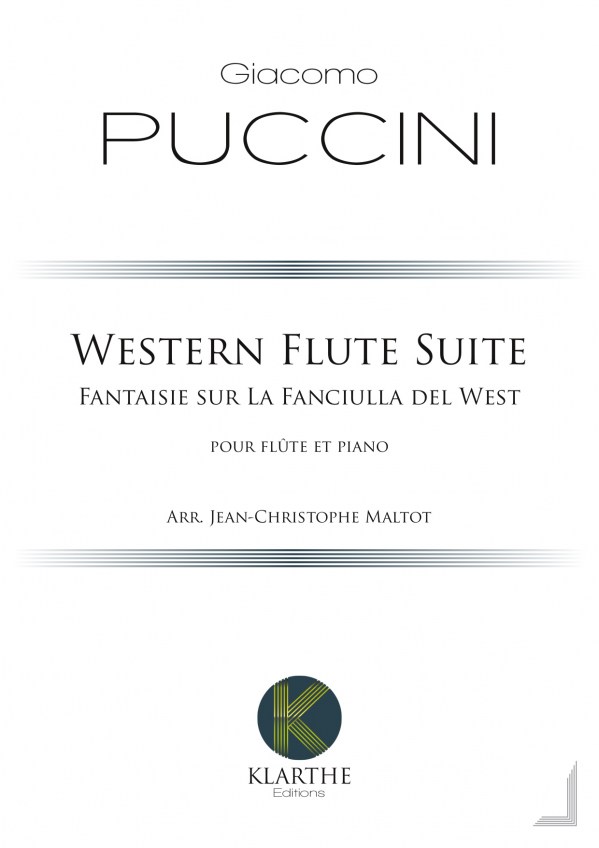 Western Flute Suite - Giacomo Puccini
Western Flute Suite - Giacomo Puccini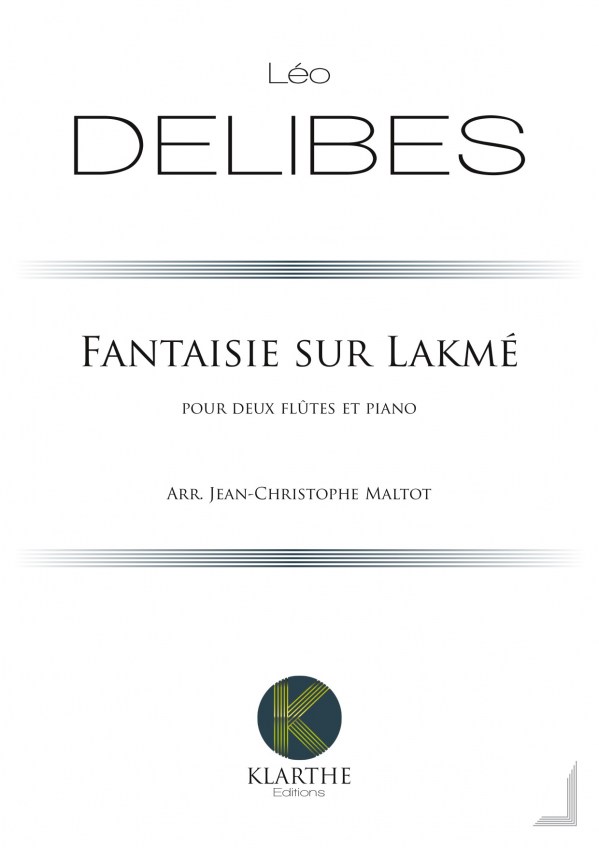 Fantaisie sur Lakmé - Léo Delibes
Fantaisie sur Lakmé - Léo Delibes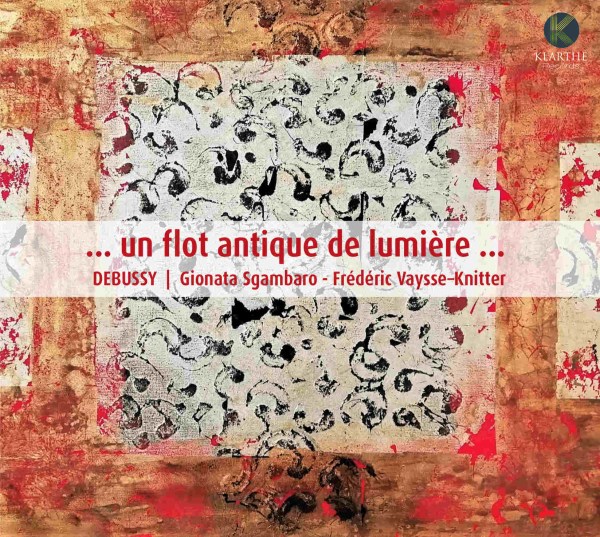 Un flot antique de lumière
Un flot antique de lumière 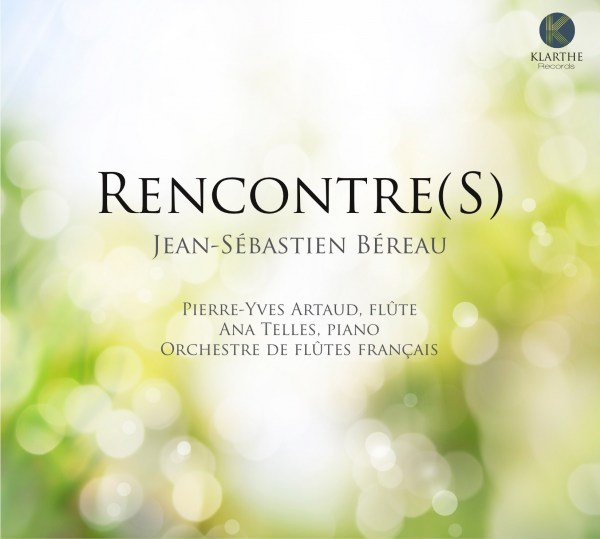 Rencontre(S)
Rencontre(S)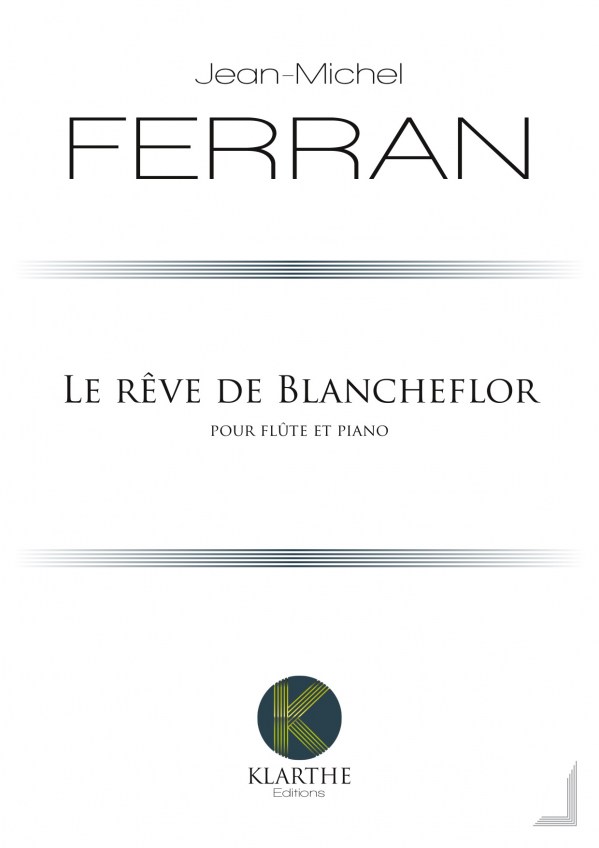 Le rêve de Blancheflor - Jean-Michel Ferran
Le rêve de Blancheflor - Jean-Michel Ferran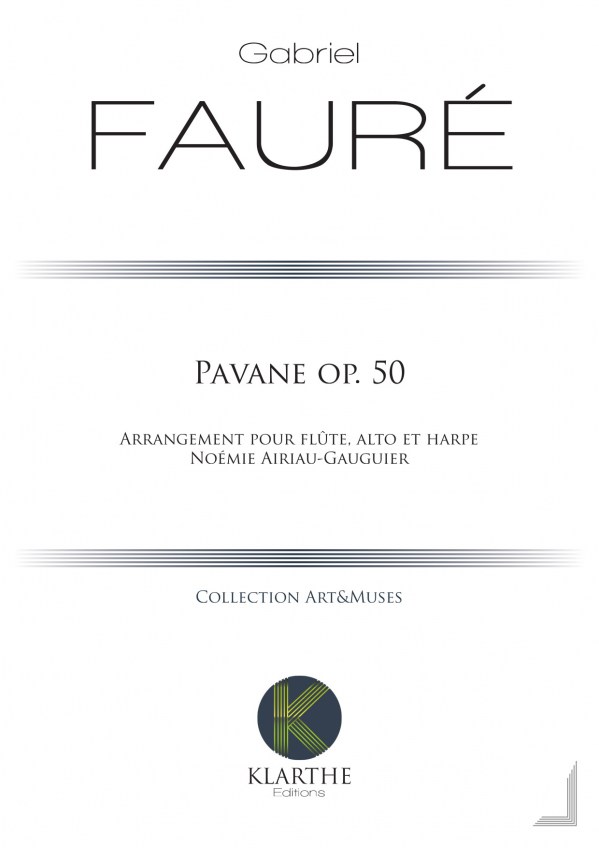 Pavane op. 50 - Gabriel Fauré
Pavane op. 50 - Gabriel Fauré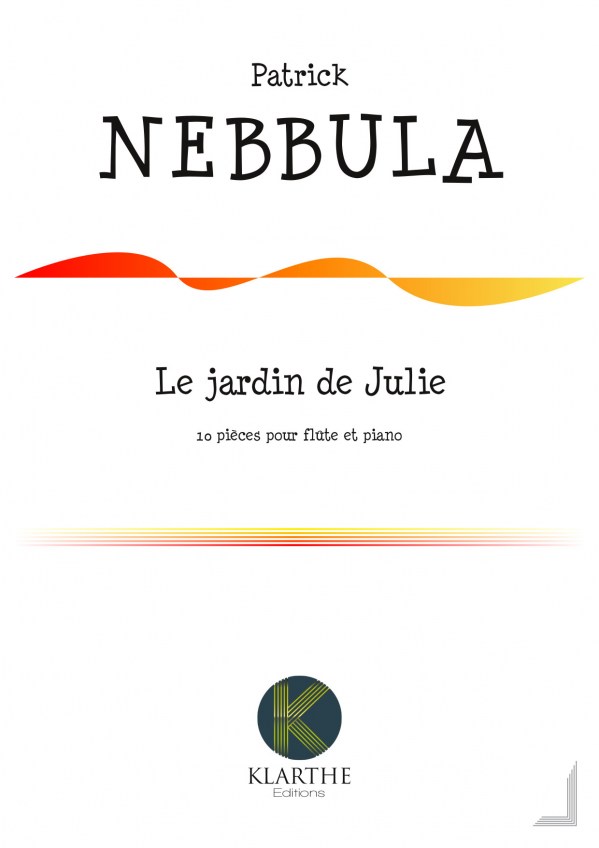 Le jardin de Julie - Patrick Nebbula
Le jardin de Julie - Patrick Nebbula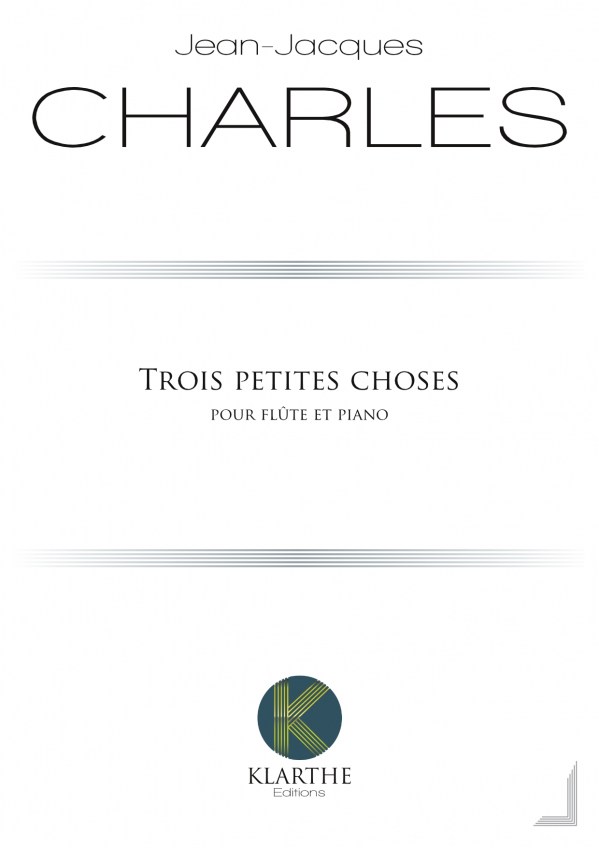 Trois petites choses - Jean-Jacques Charles
Trois petites choses - Jean-Jacques Charles